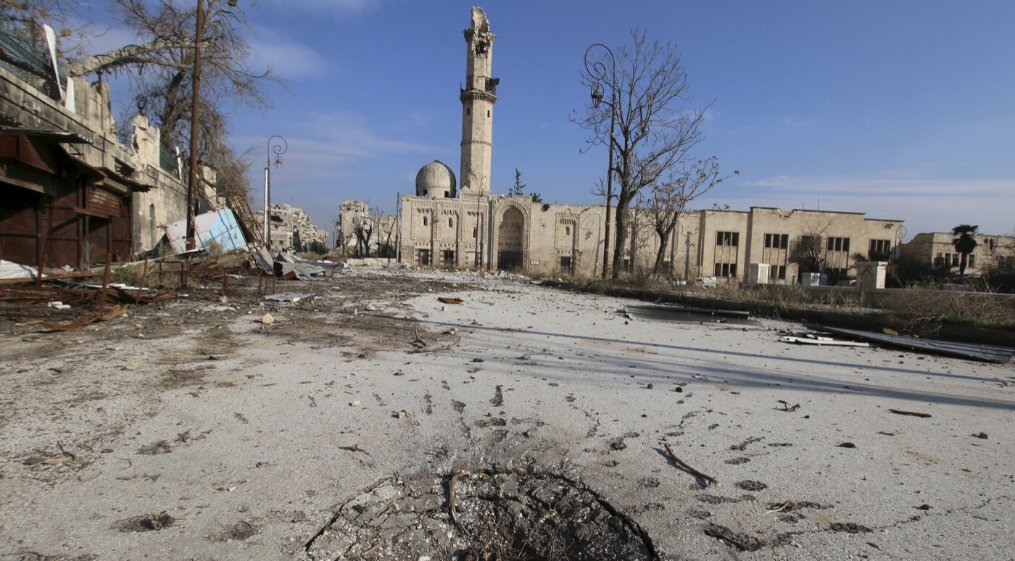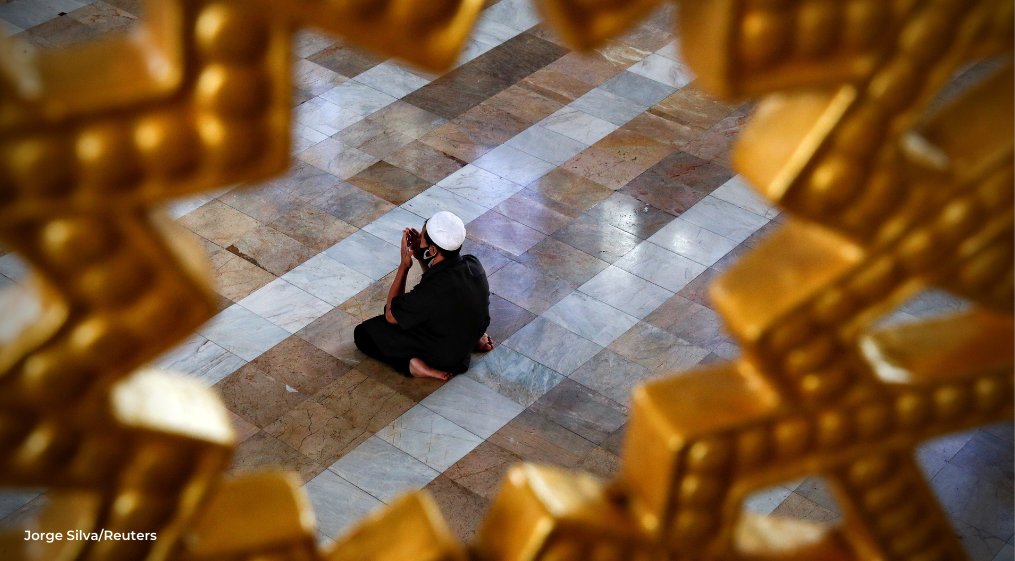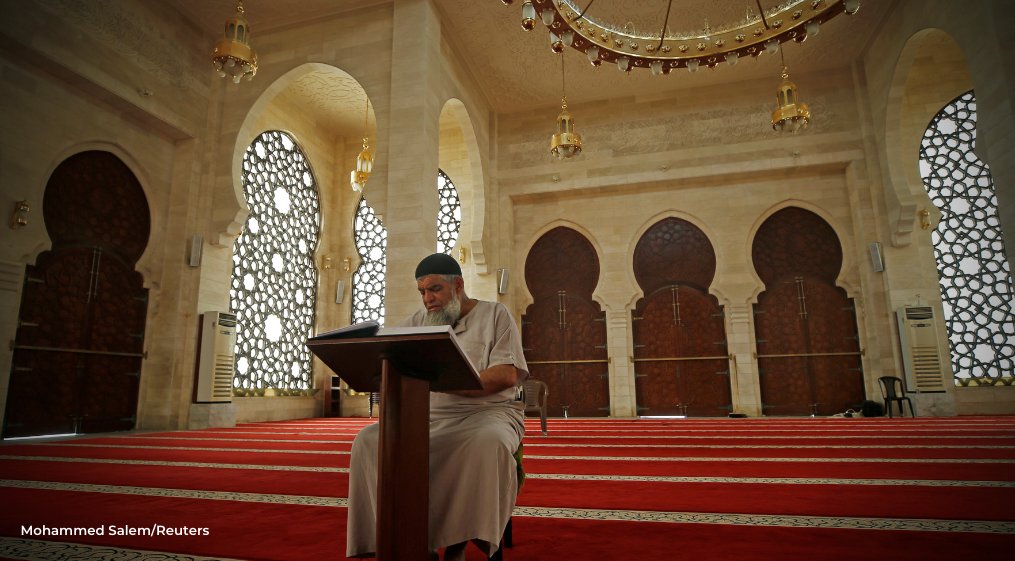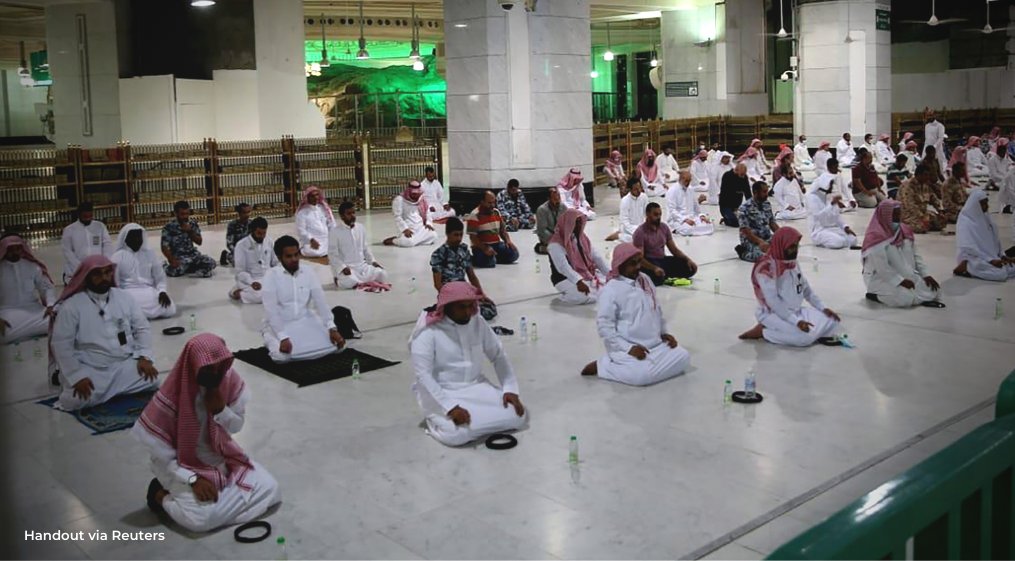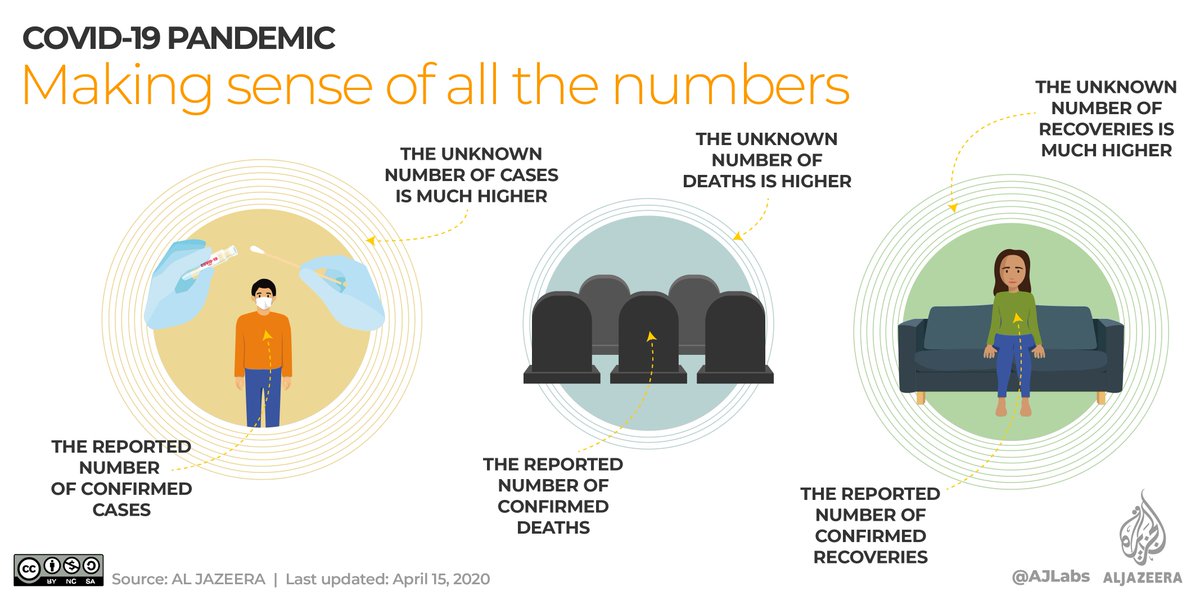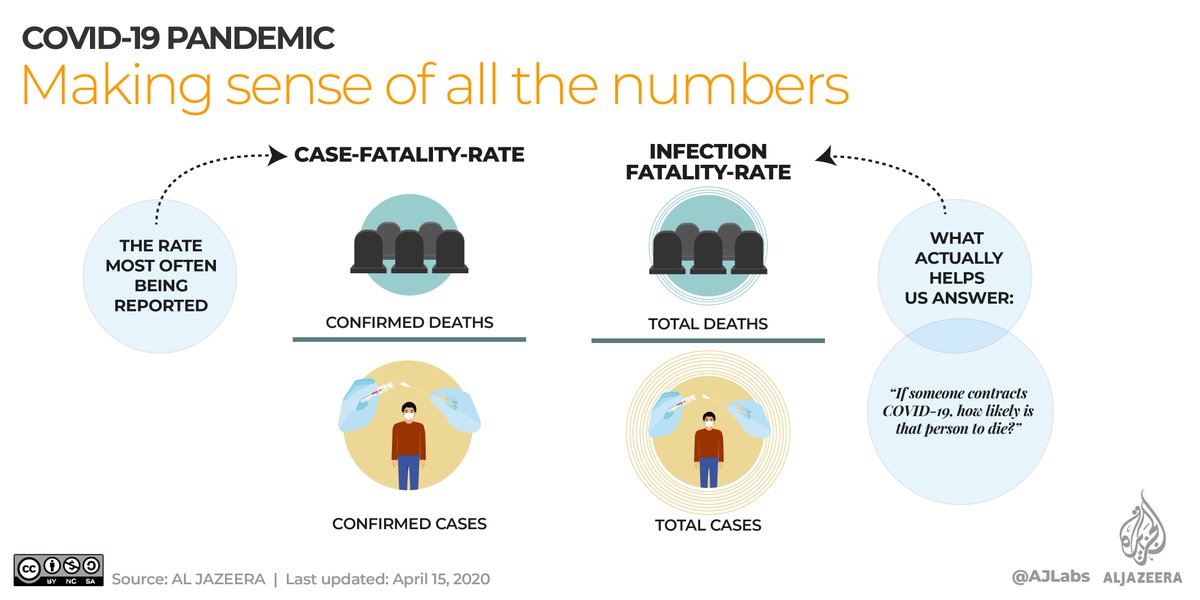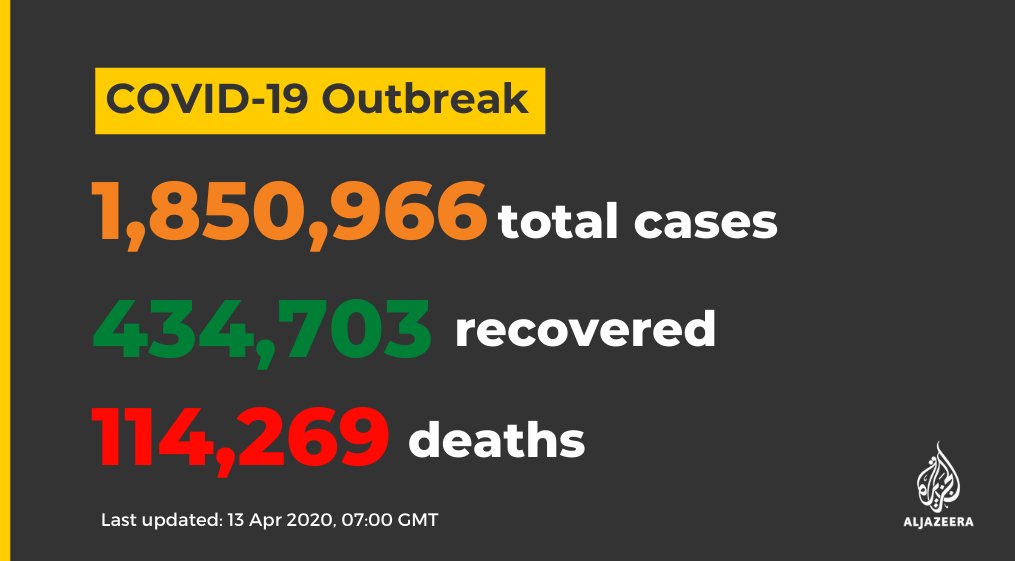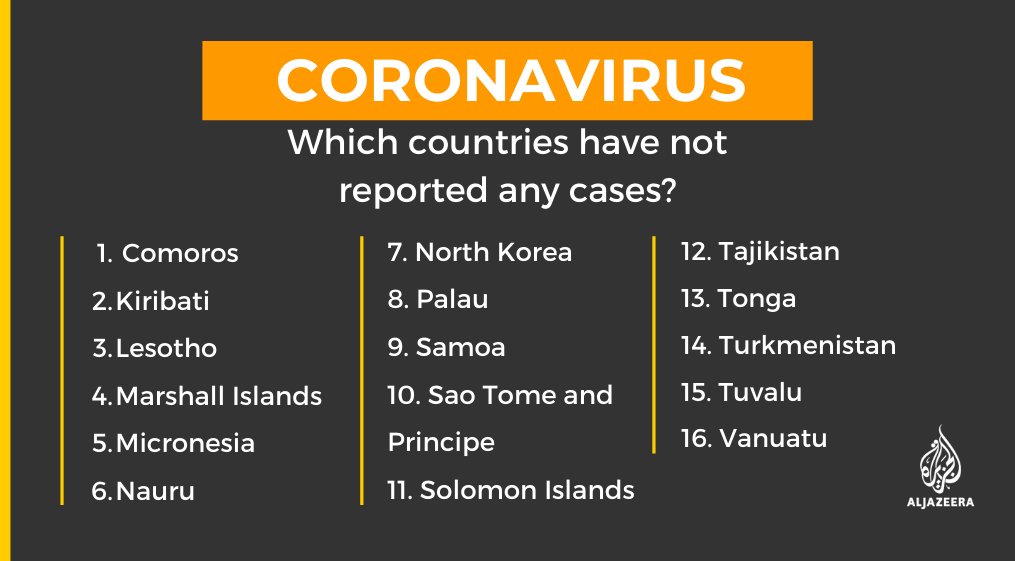With mass religious gatherings suspended in most countries, #COVID19 has forced drastic changes to how Muslims observe #Ramadan.
But it is not the first time. Here's how Muslim worship has been adapted throughout history aje.io/t62w2 | #AJInRamadan
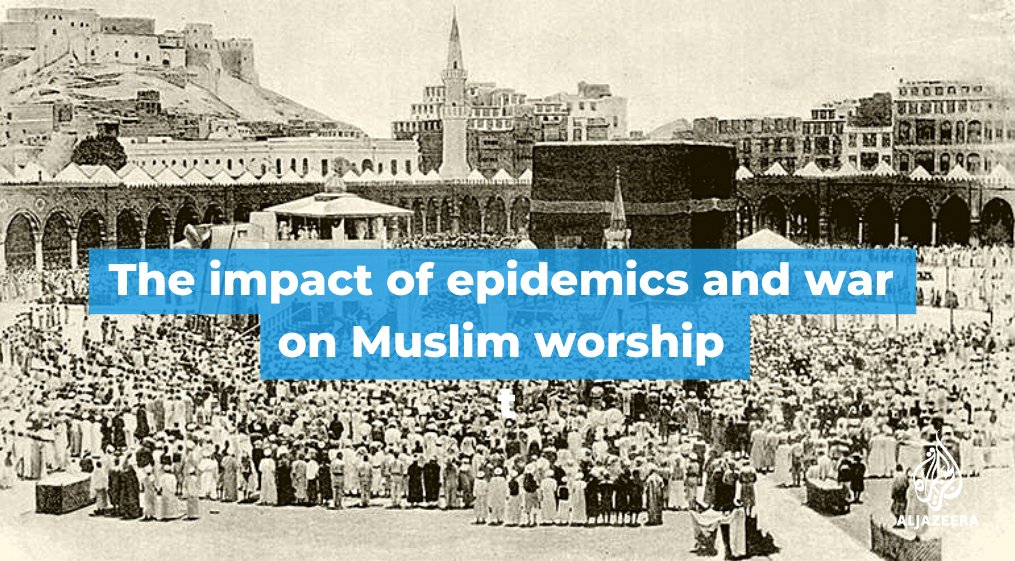
The annual Hajj pilgrimage was cancelled after the leader of the Qarmatian tribe, based in eastern Arabia (present-day Bahrain), attacked Mecca.
According to some accounts, as many as 30,000 were killed aje.io/xdyan
At least 27 cholera outbreaks flared in Mecca between 1830 & 1930. Hajj was suspended as a result in 1837 & 1846.
Quarantine ports were set up for Hajj in 1866 to limit the spread of the disease aje.io/xdyan
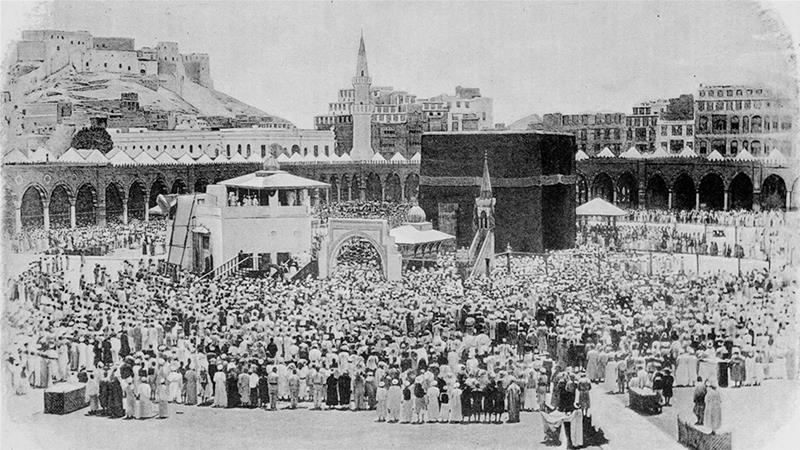
A Saudi armed group of 400 to 500 men, led by a former soldier critical of the kingdom's ruling family, seized the Grand Mosque between November & December 1979, forcing its closure for at least two weeks aje.io/xdyan
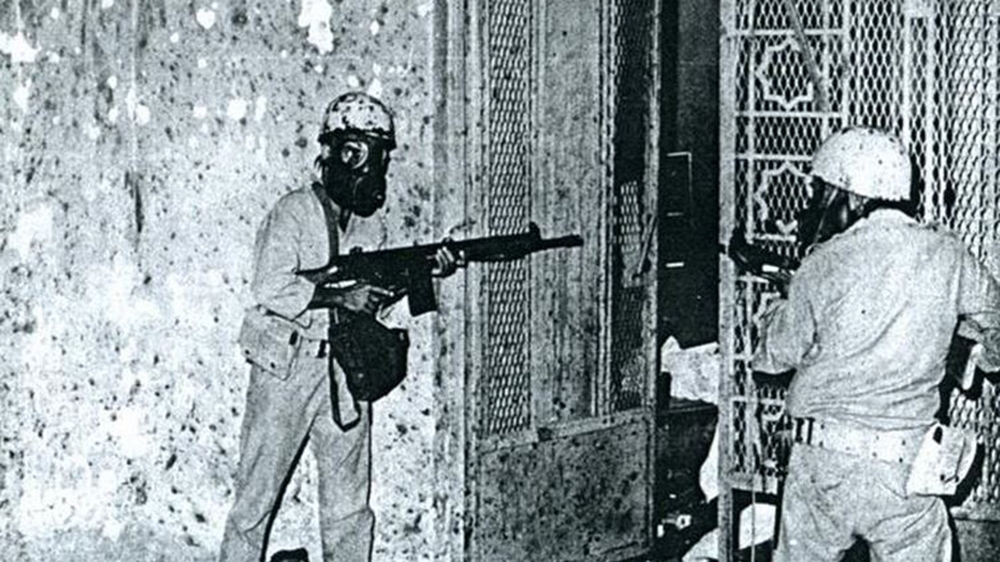
As the Ebola outbreak peaked in the early 2010s, Saudi Arabia temporarily stopped issuing Umrah & Hajj visas in 2014 for citizens of Guinea, Liberia & Sierra Leone - countries hard hit by the virus aje.io/xdyan
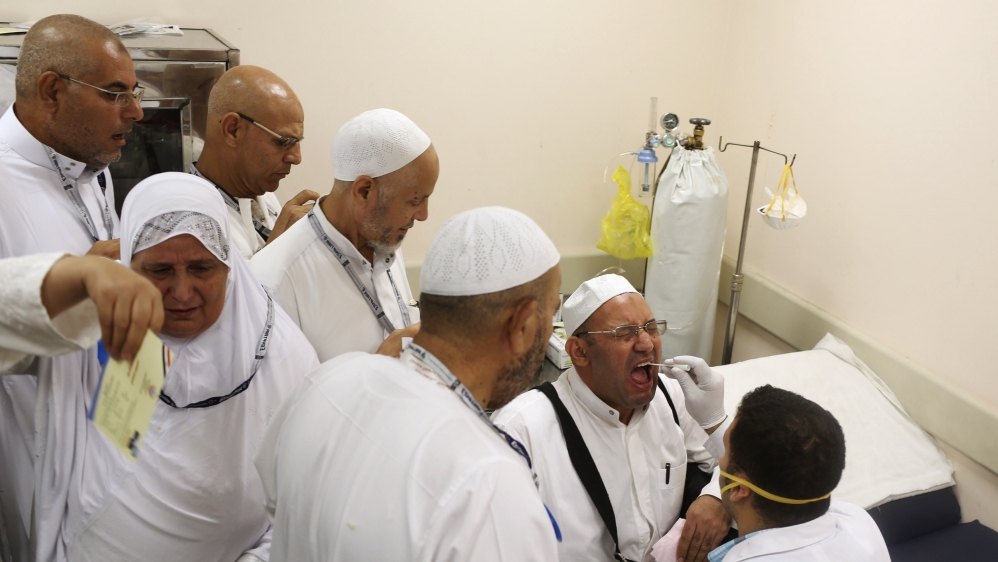
In April 2016, religious councils cancelled Friday prayers in Aleppo "because of the brutal war on human life" after a series of gov't-led air strikes that left mosques in ruins aje.io/xdyan
